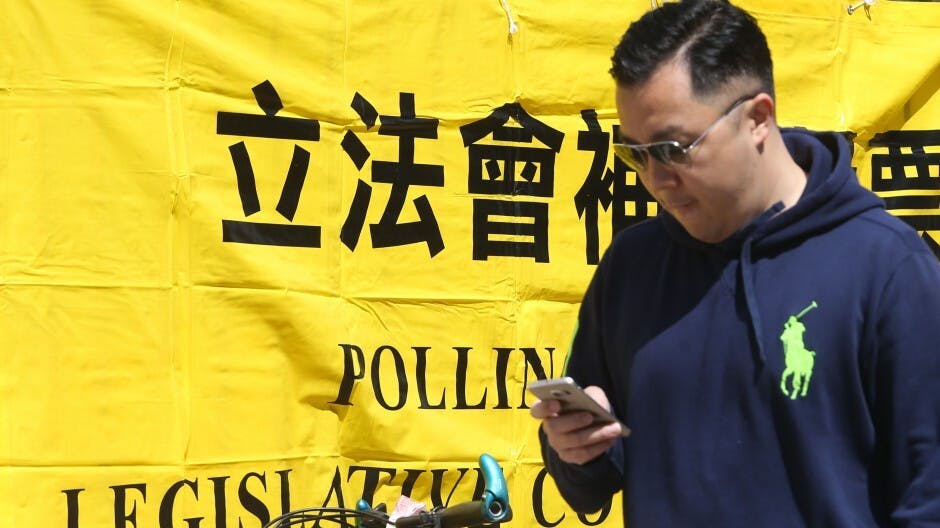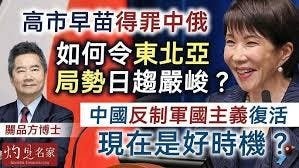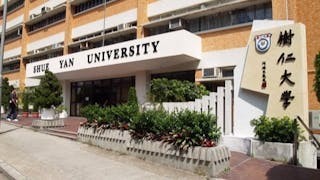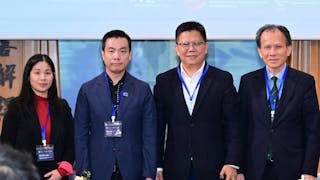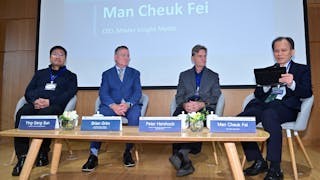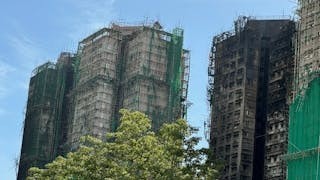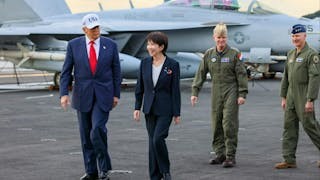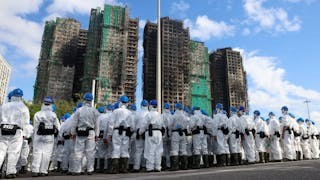The recent move by Chief Secretary for Administration Carrie Lam Cheng Yuet-ngor to start a dialogue with Legislative Council members on the priority of bills to be deliberated and approved by the legislature should be commended as a breakthrough in the executive-legislative impasse. But there are other feasible solutions for all the political stakeholders to improve executive-legislative relations and prove to voters before September’s LegCo elections that they are constructive rather than destructive politicians.
Most importantly, all the political stakeholders can consider re-establishing an office similar to the Office of the Unofficial Members of the Executive and Legislative Councils (UMELCO) to act as a regular intermediary for the members of Executive Council and LegCo to reach consensus on controversial bills. UMELCO was established by the British administration in 1963 to promote closer relations between the two councils. In 1985, when indirect elections through functional constituencies were first introduced to the legislature, it was renamed the Office of Members of Executive and Legislative Councils (OMELCO). Then in 1989, OMELCO was dissolved with the establishment of the Commissioner for Administrative Complaints to handle issues relating to public maladministration. Nevertheless, arguably an office linking ExCo and LegCo is necessary because of much-altered circumstances in Hong Kong after its return to China. In particular, these include the rapid rise of populist “democratic” politics, the inevitable increase in ideological polarization, and the struggles inside the LegCo chamber in the form of filibustering tactics and endless disputes. All this underscores the necessity for an effective intermediary between the “pan-democratic” camp and the pro-establishment legislators parallel to UMELCO/OMELCO that would facilitate dialogue and communications between the executive and legislative branches.
Regular meetings between ExCo and LegCo members, underpinned by informal gatherings, would surely cultivate much-needed political harmony and constructive executive-legislative relations. Hopefully, this would help the two sides in ironing out their differences over bills and other issues.
Political factions and groups in LegCo would need to appoint their own representatives as intermediary actors who can discuss various issues, ranging from the content of bills to the priority of bills to be submitted by the government to the legislature for deliberation and decision.
Carrie Lam’s move to meet the “pan-democratic” legislators and come up with an amended list of bills to be prioritized was a very politically significant step in the politics of compromise. Politics should not be dominated by conflicts. In fact, it has been said that “Politics is the art of the possible, the attainable — the art of the next best”. It can lead to a win-win outcome, rather than the current unproductive bickering which now marks our political scene. Our legislators have given a negative impression of themselves to the voters, since they are often shown on television acting in a most confrontational fashion in our most august chamber. Our community stands to suffer the most with the endless filibustering and refusal to negotiate among different camps to narrow their differences.
Indeed, legislators fighting among themselves has been a common sight in legislatures that have adopted democracy in many other parts of the world. However, most Hong Kong voters are weary of demeaning misbehavior by legislators and wish them to get on with legislating and conduct meaningful debates, rather than hurling abuse at each other.
As such, it is high time for the legislators, especially after the September legislative elections, to establish a new mechanism to facilitate dialogue and the building up of political trust through the nomination and communication of their factional representatives.
Finally, the principle of appointing ExCo members with and without party backgrounds should be revisited by the government. Starry Lee Wai-king’s recent resignation from ExCo was interpreted by many as a precursor to her participation in the coming Legislative Council direct elections. It also raised the issue of party members who might be concerned over the liability of an ExCo appointment come election time. If the principle of collective responsibility means that members appointed to ExCo are expected to support the government position wholeheartedly, Lee’s move appears to cast doubts on whether this principle has been working perfectly. If so, the government would have to review whether the appointment of political party members who are also members of LegCo to ExCo should continue.
Having overlapping members of the two councils appears to serve the purpose of bridging executive-legislative relations. But if such ExCo appointees find their appointment could become a political liability, separating membership of ExCo from LegCo would become a more realistic option for the Chief Executive to consider. The separation of membership of ExCo from LegCo could be accompanied by, as mentioned above, a new office serving both councils so a new constructive executive-legislative working relationship could emerge.
原刊於《China Daily》(Asia),獲作者授權轉載。
(封面圖片:亞新社)



